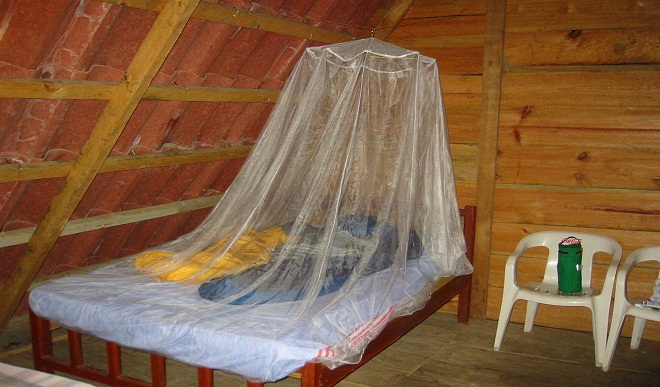New research suggests exposing mosquitoes to light at two-hour intervals prevents them from biting and reduced their flying.
The finding is critical to developing new ways of controlling mosquitoes as the malaria-carrying insects develop resistance to insecticides.
Anopheles mosquitoes are time-of-day specific and show greater tendency to bite by night.
Researchers exposed mosquitoes transiently to white light for 10 minutes at the onset of night and recorded the proportion taking a blood meal over eight hours.
Their biting propensity reduced two hours after treatment—and lasted up to six.
On the contrary, biting levels increased when mosquitoes were exposed to dark treatment during the late day, suggesting that light suppresses biting behavour even during the late daytime, the researchers wrote in the journal Parasites & Vectors.
“These data reveal a potent effect of a discrete light pulse on biting behaviour that is both immediate and sustained,” they wrote.
“We expanded this approach to develop a method to reduce biting propensity throughout the night by exposing mosquitoes to a series of six- or 10-minute pulses presented every two hours.”
“We reveal both an immediate suppressive effect of light during the exposure period and two hours after the pulse.”
They conclude as mosquitoes and malaria parasites become increasingly resistant to insecticide and drug treatment, there is a necessity for the development of innovative control strategies beyond insecticide-treated nets (ITNs) and residual spraying.
























